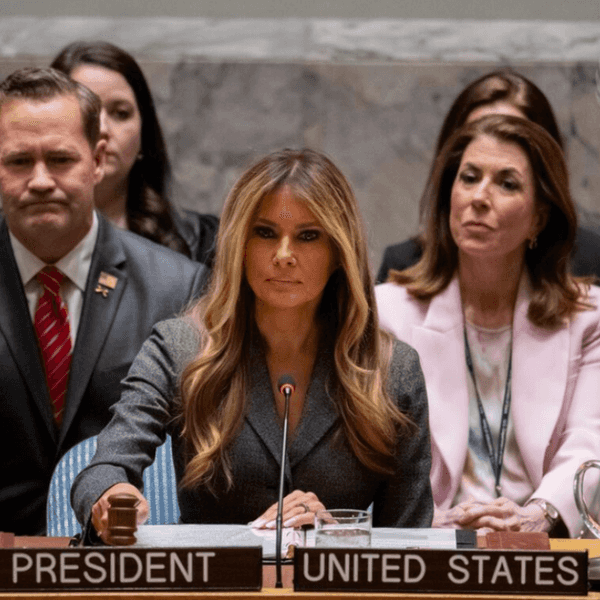In one of the most anticipated cases of the week, the Supreme Court struck down 3 of the 4 provisions of the aggressive 2010 Arizona immigration law that many have criticized as de facto endorsement of racial profiling. In a 5-3 decision (Judge Elena Kagan recused herself due to her previous involvement with the case as solicitor general), the court ruled that Arizona cannot make it a crime for illegal immigrants to work or look for work. The state was also barred from criminalizing immigrants to not be carrying legal identification, nor are Arizona police are not allowed to arrest someone solely based on the suspicion that they are in the country illegally. The court did, however, affirm the provision that required police to check the immigration status of people they’ve detained if there’s “reasonable suspicion” that they are not a legal resident of the country. This decision could affect states that have similar state-level immigration laws such as Alabama, Georgia, Indiana, South Carolina, and Utah.
Taken in full, the ruling was win for President Obama and his administration’s efforts to block the Arizona law from taking effect by arguing that it impeded the federal government’s power to enforce the nation’s immigration laws. This decision effectively gives the federal government sole power to enforce illegal immigration laws. In his written opinion, Justice Anthony M. Kennedy acknowledges that “Arizona may have understandable frustrations with the problems caused by illegal immigration, but the state may not pursue policies that undermine federal law.”
The SCOTUS decision follows Obama’s recent announcement of his executive order to stop the deportation of illegal immigrants under 30 that meet requirements. It once again highlights immigration as an important topic for this upcoming presidential election–something Mitt Romney may not be entirely happy about as he simultaneously tries to court Hispanic voters and rally up his anti-immigration base.
But the Obama Administration — along with campaign finance reformers who were hoping the SCOTUS would reconsider the the controversial 2010 Citizens United decision — found themselves disappointed today. The ruling that allowed corporations and unions to spend an unrestricted amount on political expenditures, which has led to an unprecedented flood of campaign spending, was directly challenged by the Montana state supreme court when refused to strike down the ban that restricted corporations from contributions to political campaigns, citing their state’s history of corruption. The Supreme Court rejected this argument with 5-4 vote along partisan lines. The conservative judges argued that “there can be no serious doubt” that the Citizens United case applied to Montana’s state campaign finance laws.
In another 5-4 ruling, the Supreme Court ruled that sending juveniles to jail for life without a chance for parole was unconstitutional. This decision stems from the cases of Evan Miller and Kuntrell Jackson, who were both 14 when they were convicted of robbery and murder.
The last Supreme Court decision day will be this Thursday, when the highly anticipated healthcare decision will finally be announced.








